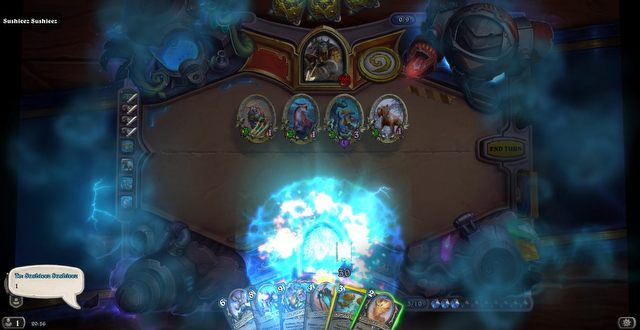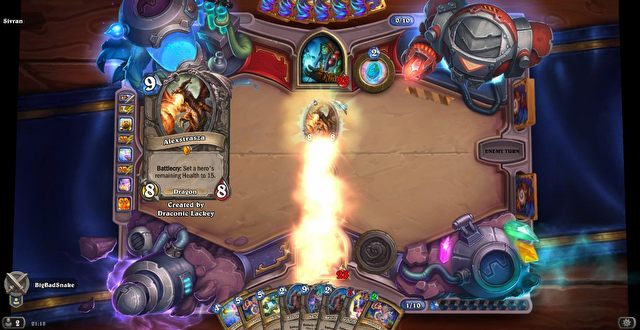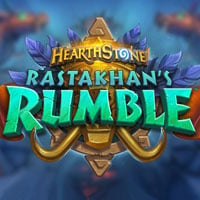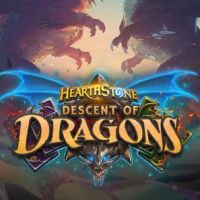Pilgrim with an attitude. Galakrond's Awakening – Blizzard rules supreme
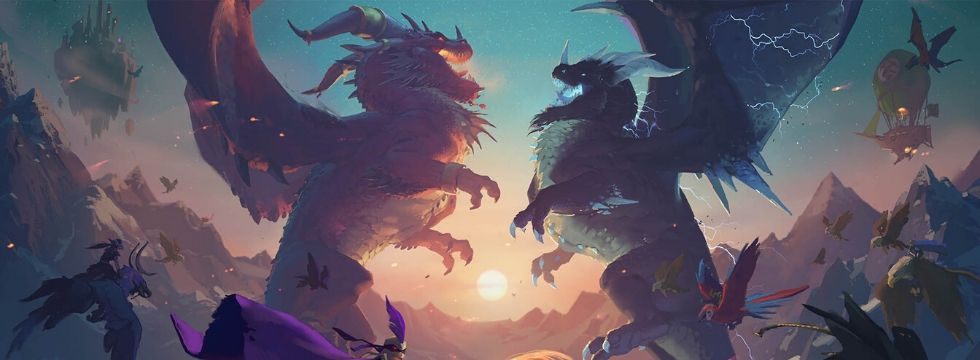
- Landscape After Galakrond's Awakening – Hearthstone Still Rules Supreme
- Pilgrim with an attitude
- Dragon wings – banned in the Wild West
- Sheriff's star still shines
Pilgrim with an attitude
Hearthstone dominates the entire planet. But it doesn't mean that the game is perfect. It's a bit like Scrooge McDuck. It reached its goal (popularity and finances), but it wasn't a smooth ascension. The game could make you lose your mind, discourage you and get you down. Especially when the gods of RNG (randomness) do not look favorably upon you. Prayers, curses, intimidation and black magic – nothing works. Their decisions are final. Then, there are the problems with balance. A few expansions ago, all the fans of the game were nearly chased off by the terrifying deck of one of the classes, the shaman. It was enough to play one card, Shudderwock, to copy literally all single-use effects you played during the game.
The amount of subsequent expansions and the pace at which they're released could make your head spin. Hearthstone sometimes seems a scrooge who wants to see you work your ass off before he spares a dime. Assembling the best deck will take quite some time. As does accessing all the branches of the story. And yet we cling to this stubborn game like William Holden's Wild Bunch. Till the end. Always.
The developers are constantly learning, besides – in subsequent extensions, they've added a lot of content for both single players, and more casual audience. Further expansions eliminate some of the problems of the predecessor (and have trailers with insanely good music – where is the full version of the song in Rastakhans Rumble!?). The game's internal economy has become more accessible and allowed for faster expansion of the collection. Prize rates were increased, it's easy to get a free package for one win per week. Blizzard's card game was finally civilized.
Galakrond is a giant proto dragon from Warcraft universe. It was a powerful being, destroyed by its own hunger – it began to hunt other dragons, preying on their life forces. Other dragons unleashed a rebellion that claimed many lives – it was more than 10,000 years before the events from Warcrafts. In Hearthstone, it's represented by five hero cards from Descent of Dragons – for warrior, shaman, priest, rogue, and mage. Each of them requires a four-time invocation (done by the right minions and spells) – in return, you get a small unit, a one-time attack bonus, or a card. And when the fully invocated Galakrond finally lands on the table, terrible, impressive stuff happens.
Hearthstone has turned into an incredibly attractive, addictive card-game harvester. This is almost the entire city. There is a tavern with a fist fight every week, where you can win a package of cards, there are fights between players (Hearthstone's Auto-Chess), and fans of gambling get a casino called the Arena. You can finally ruin your life in ranked games or enjoy friendly matches with others, including your friends. You can listen to pleasant fairy tales in the adventure mode. It's like sitting in a diner and drinking whiskey, listening to a tale of the clash between a Fire Lord and an ancient dragon.
It was never particularly ambitious or serious – but it always had the charm of an evening story told in a tavern. We bought an episode of the adventure, assembled a deck of our own cards, and went into battle. There were hard and inventive challenges and valuable prizes – unique sets of spells and units. We had a goal and a theme, and it was all a lot of fun. For a while, Blizzard gave up on this form of gameplay, but eventually returned with lighter, less demanding campaigns. Now, it has gone a step further than the competition. It decided to tell a complex story. Still cartoonish, still light and ironic, but more consequent. A story about villains, daredevils, and dragons.
